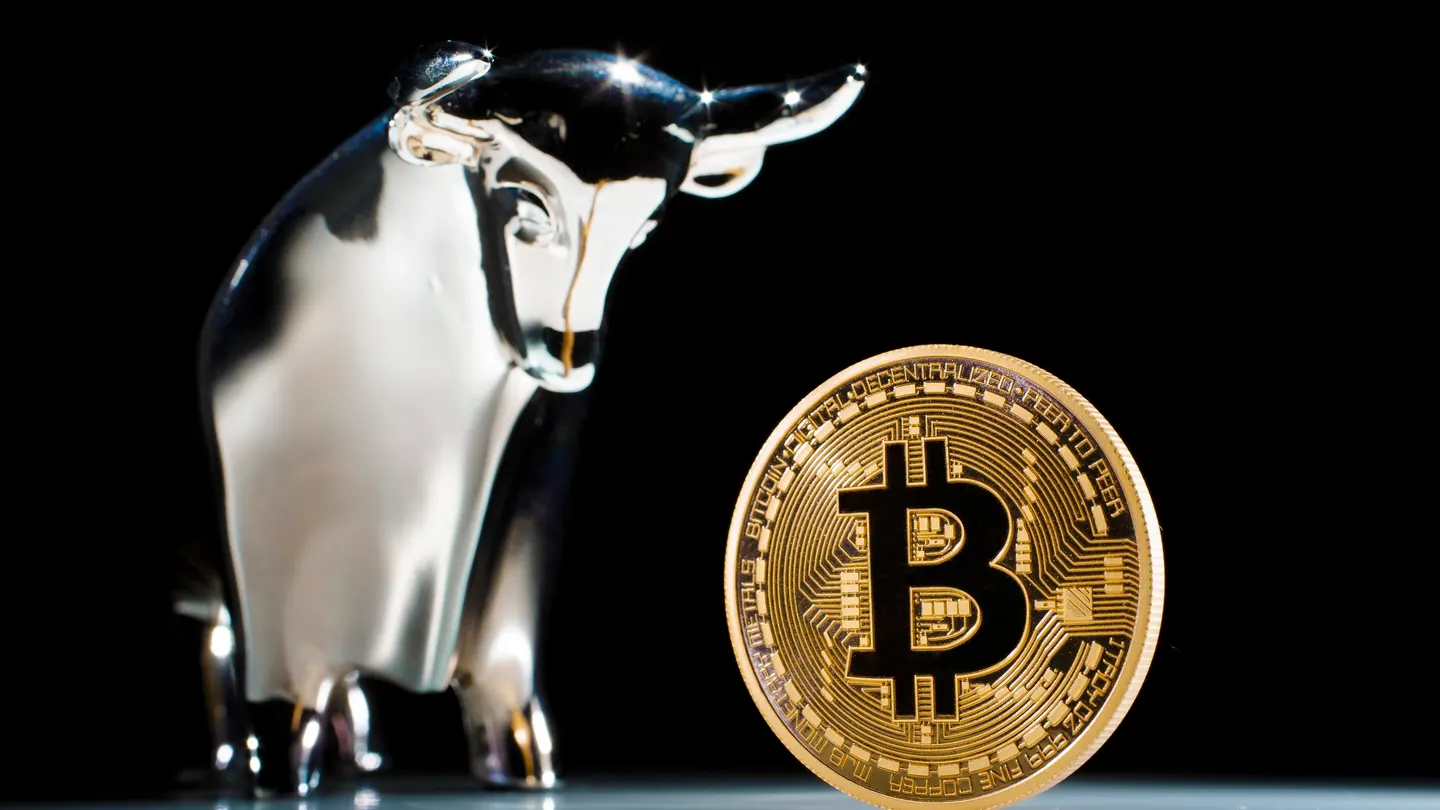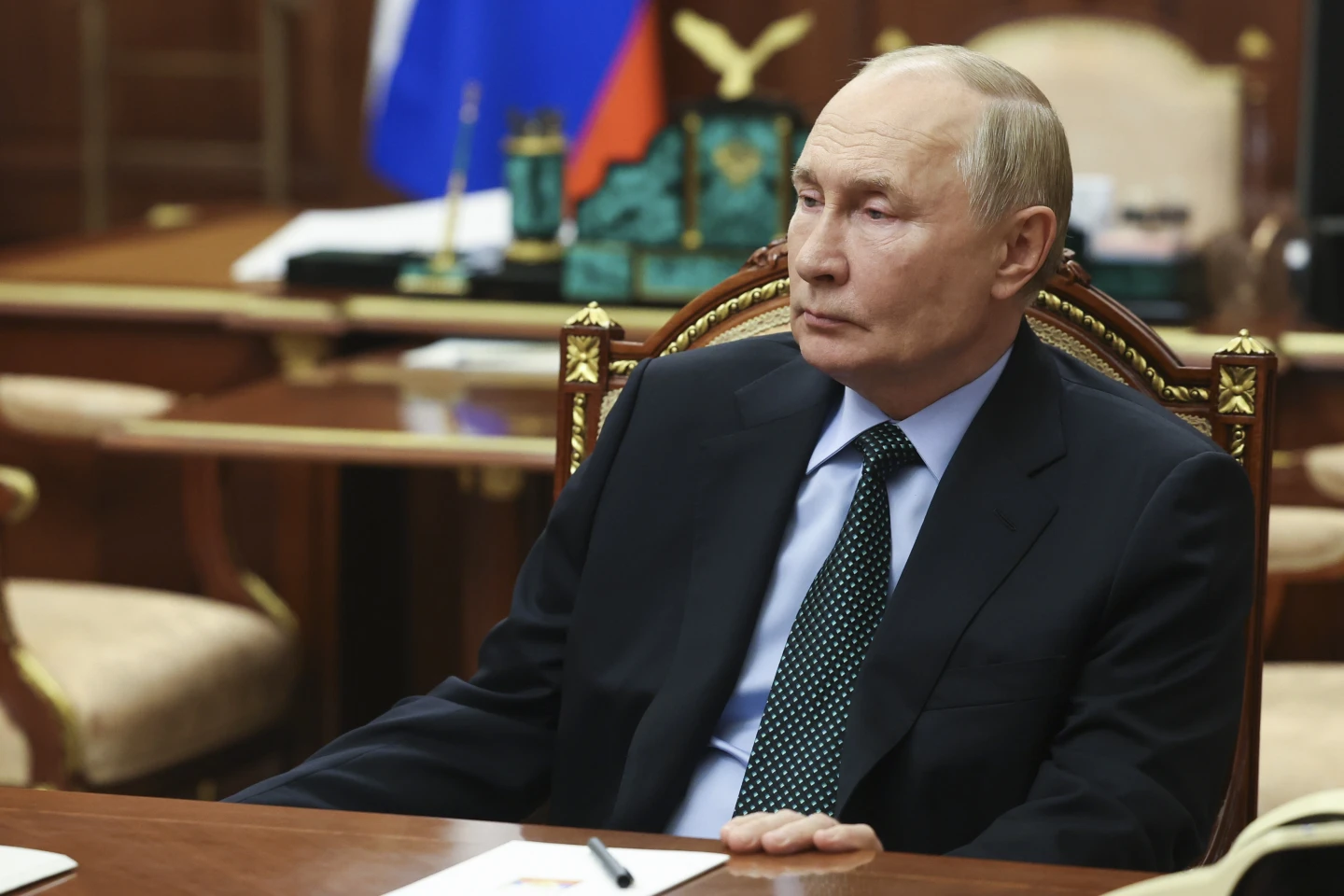Asian markets are bracing for a muted start to the week as traders reassess expectations surrounding the US Federal Reserve’s monetary policy and begin to digest the potential economic impact of President-elect Donald Trump’s proposed fiscal and trade policies, Bloomberg reports.
Futures in Australia, Japan, and mainland China pointed to losses on Monday, while contracts in Hong Kong edged slightly higher. The broader sentiment comes on the heels of a volatile week in global markets, with US stocks slipping 1.3% on Friday, erasing more than half of the gains seen since the US election.
The recent turbulence in financial markets reflects growing concerns that Trump’s proposed tariffs and tax cuts could reignite inflationary pressures in the already robust US economy. Investors are re-evaluating the potential costs of these policies, which could limit the Federal Reserve’s ability to continue its easing cycle.
“There’s still a likelihood of a Fed rate cut in December, but it’s now a much closer call… The pace of easing could slow next year, particularly as Trump’s policies present upside risks to inflation in the medium term,” said Shane Oliver, Chief Economist at AMP Ltd. in Sydney.
Meanwhile, the US dollar remained steady against major currencies after climbing 1.4% last week, marking its seventh consecutive weekly gain. This surge was largely driven by slashed expectations for Fed policy, coupled with concerns over China’s growth outlook.
The combined effect of these factors has weighed heavily on a range of markets, with the Australian dollar and emerging market bonds both feeling the pressure. Last week, Asian stocks endured a significant selloff, dropping 3.9%—their worst performance in six months.
This week, Asia’s traders will closely monitor several key events, particularly speeches from central bankers. A primary focus will be on Bank of Japan Governor Kazuo Ueda, who is scheduled to speak on Monday. Investors are keen to hear his insights on potential rate hikes after recent concerns about the rapid weakening of the yen. According to Bloomberg swaps data, markets are currently pricing in about 14 basis points of rate hikes in December.
Barclays strategists led by Themistoklis Fiotakis noted that Ueda’s press conference would be pivotal in determining the timing of the Bank of Japan’s next policy move.
“USD/JPY could remain under upward pressure in the short term due to the Trump and yen carry trades, but the pace is likely to slow as concerns about FX intervention and rate hikes take hold.”
Elsewhere, China’s central bank is expected to keep its loan prime rates unchanged following a cut in October, while Bank Indonesia is poised to make a policy decision as the Indonesian rupiah approaches a key psychological level of 16,000 per dollar.
Global Economic Data and Earnings Season
This week also promises a flurry of economic data and earnings reports that will likely shape market sentiment. Inflation data from the UK and Eurozone will offer clues about the outlook for monetary policy from the Bank of England and European Central Bank. Meanwhile, Nvidia’s earnings report on Wednesday could provide further insight into the strength of AI-driven stock gains.
“The options market is pricing in the risk of Nvidia’s share price climbing higher following the earnings release… With demand for GPUs incredibly strong, options traders are positioning for upside in the near term,” said Chris Weston, Head of Research at Pepperstone Group.
Key Events to Watch
- Monday: Bank of Japan Governor Kazuo Ueda speaks, Group of 20 Summit in Brazil
- Tuesday: Eurozone CPI, UK CPI, Canada CPI, RBA meeting minutes
- Wednesday: China loan prime rates, Indonesia rate decision, Nvidia earnings, ECB President Christine Lagarde speaks
- Thursday: RBA Governor Michele Bullock speaks
- Friday: Japan CPI, India HSBC Manufacturing & Services PMI, Eurozone PMI, US University of Michigan Consumer Sentiment
Market Moves
- Currencies: The euro was steady at $1.0530, the Japanese yen fell 0.1% to 154.49 per dollar, and the offshore yuan was little changed at 7.2399 per dollar. The Australian dollar held steady at $0.6464.
- Bonds: Australia’s 10-year yield dropped three basis points to 4.61%.
- Cryptocurrencies: Bitcoin rose 0.5% to $89,622.5, while Ether gained 0.8% to $3,086.6.
- Stocks: Nikkei 225 futures fell 1.6%, Hang Seng futures rose 0.2%, and S&P/ASX 200 futures dropped 0.3%.









